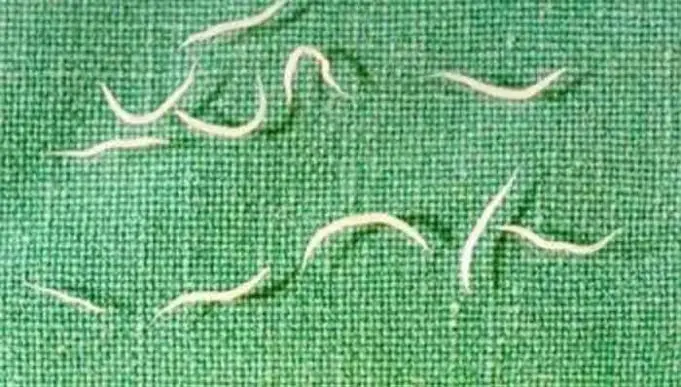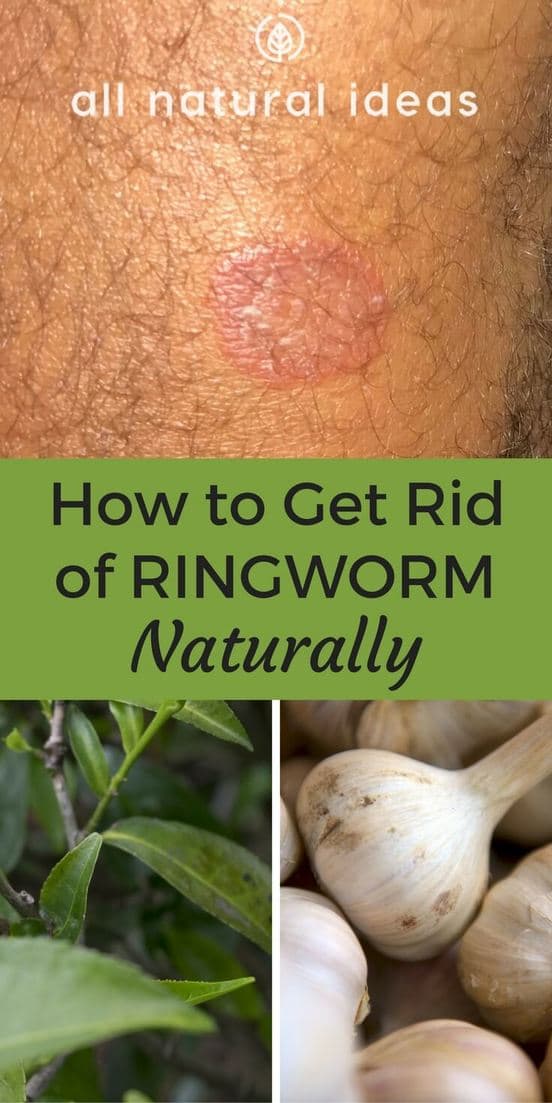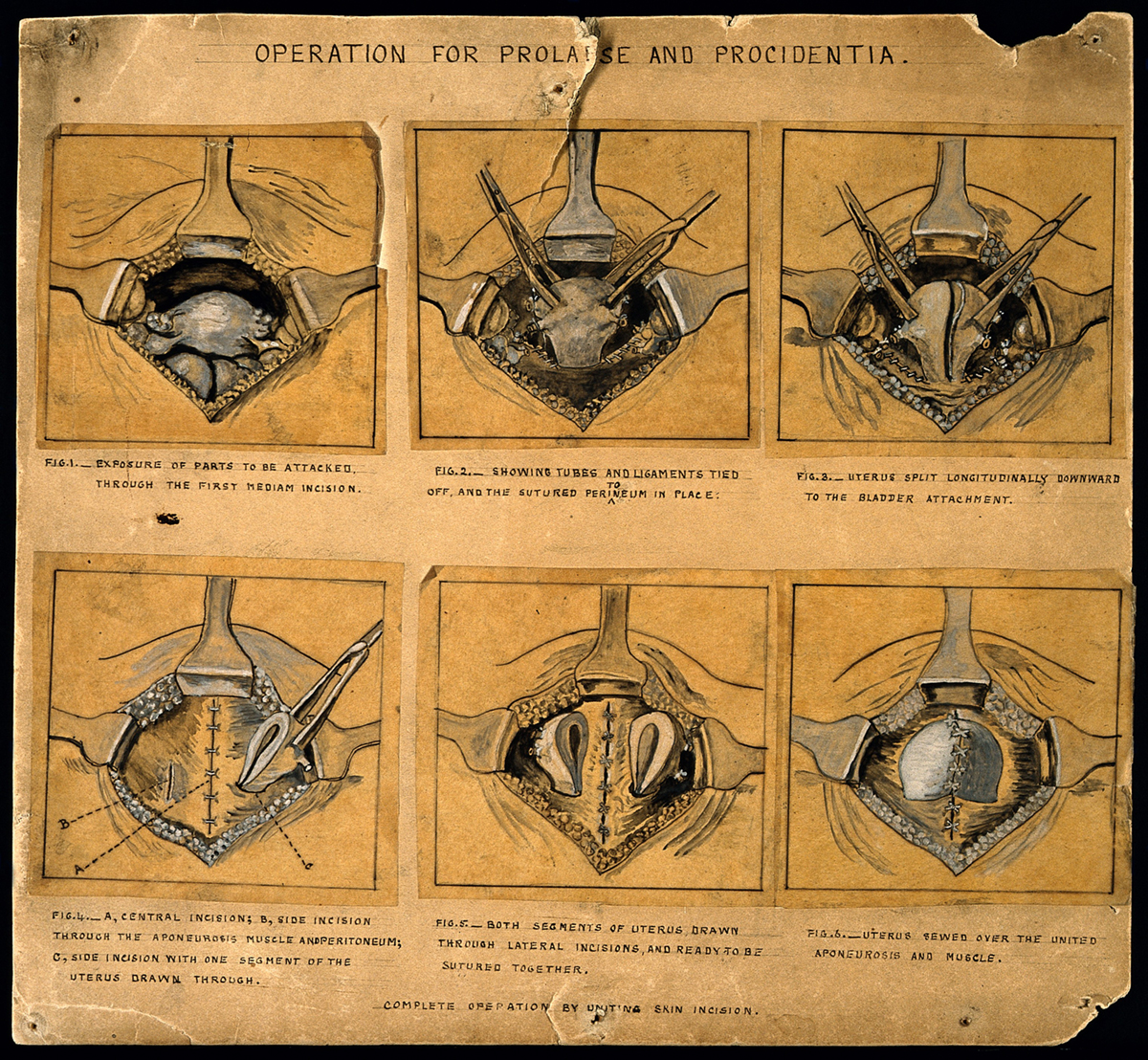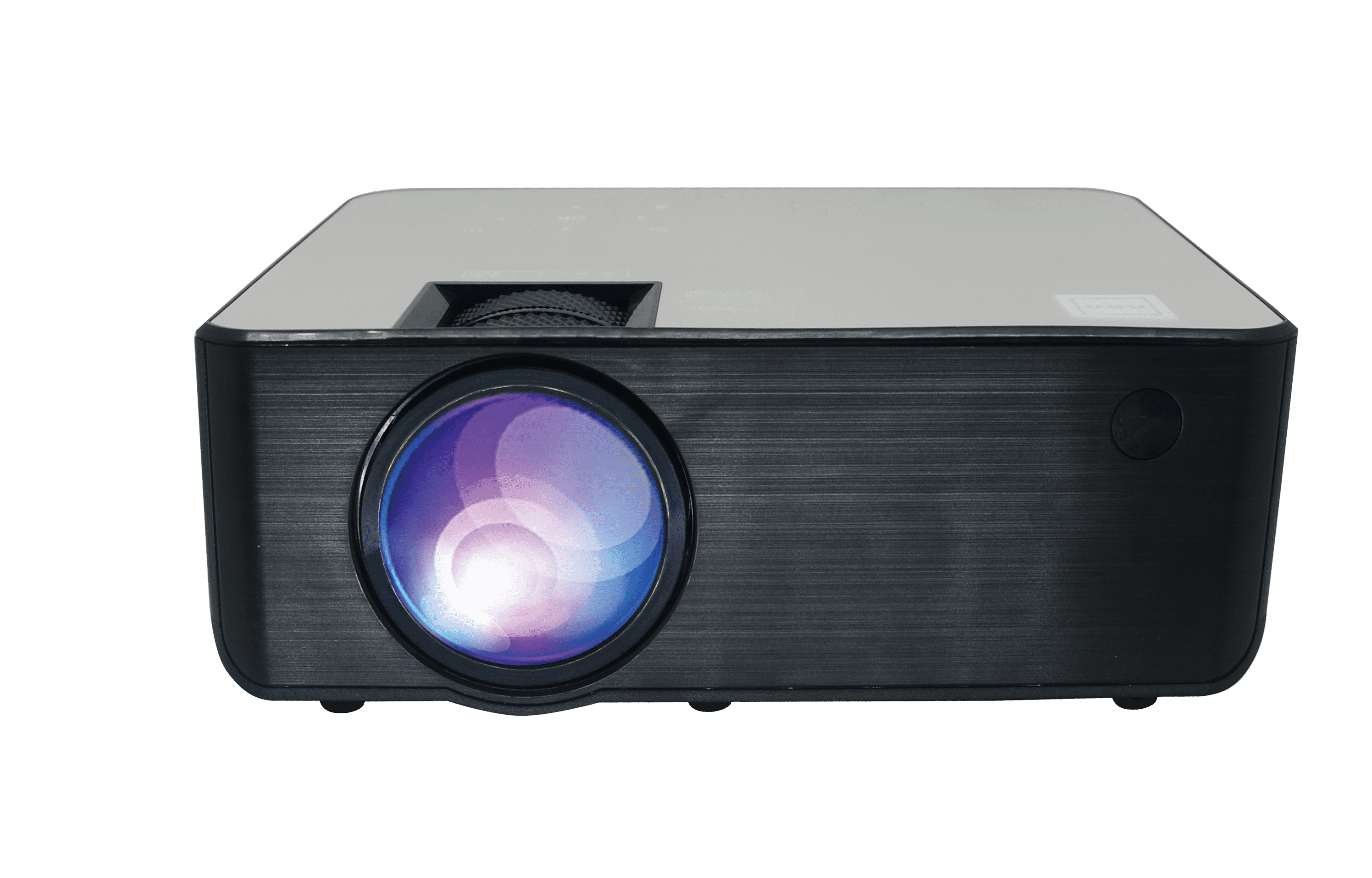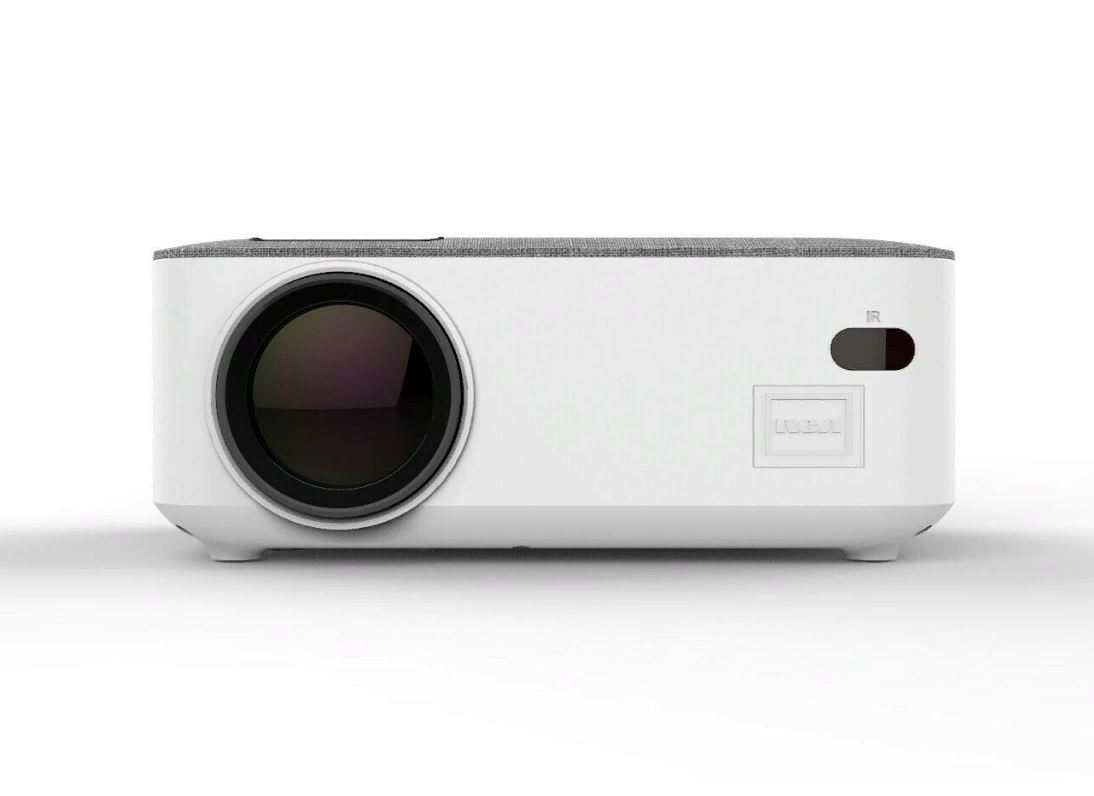Table of Content
Additionally, it’s difficult to keep your child from rubbing irritated or infected eyes. Practicing good hygiene is the main way to prevent pink eye, but managing a toddler’s hygiene habits or movements is not very easy. Karen Gill, MDAnswers represent the opinions of our medical experts. All content is strictly informational and should not be considered medical advice.

It has undeniable anti-inflammatory properties and antibacterial abilities, which help in treating irritated skin and relieving pain. Apply a small amount of neem oil around the affected eye before going to sleep, and you will see a notable improvement in a matter of days. Green tea is packed with antioxidants and bioflavonoids, which is why so many people turn to this beverage for a variety of health conditions.
Why is Pink Eye More Common In Winter?
The symptoms may last a week or 10 days, maybe longer, but they sometimes go away without medical treatment. Bacterial infections may improve within 2–5 days without treatment, although antibiotic eye drops can speed up the recovery. Antibiotics will not help with any other type of pink eye. If one or both of your eyes are red and uncomfortable, it could be allergic pink eye, viral pink eye or bacterial pink eye.
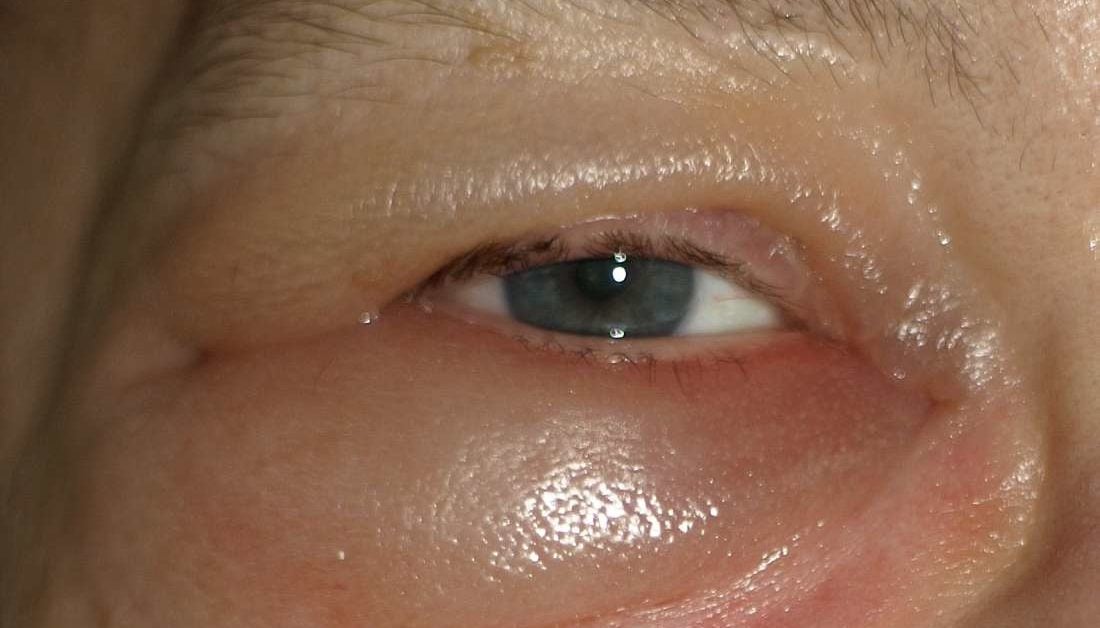
There are some pink eye remedies, like over-the-counter eye drops and moist compresses, that can be utilized at home to ease discomfort. But it is still important to see an eye doctor to determine which type of infection you have and seek advice on appropriate treatment. A doctor can prescribe antiviral medication to treat more serious forms of conjunctivitis. For example, conjunctivitis caused by herpes simplex virus or varicella-zoster virus. Antibiotics will not improve viral conjunctivitis; these drugs are not effective against viruses.
Bacterial Pinkeye Treatment
However, when you apply the compress, you should avoid intense pressure. The possible reason may be that intense pressure may affect your sensitive eyes. However, you need to switch the used cloths for each application in order to prevent conjunctivitis from spreading from one eye to the other. In most cases, conjunctivitis is a mild condition and clears up within a week or so. If your eye infection persists for more than a week in spite of you trying out proven natural remedies, it could be time for you to seek medical attention.
You can use an eyedropper to administer a drop of milk in the eye. For best results, this process should be repeated as often as possible. Alternatively, use 2 tbsp cucumber juice as an eyewash. Cut 2 thin slices of cucumber and place them over your eyes. Prepare a mixed juice with 300 ml of carrot juice and 200 ml of spinach. Use the juice of dried coriander leaves around your eyes.
Eyebright
If your child has viral or bacterial pink eye, you’ll have to keep them home while you manage the condition, but they should recover after just a few days or up to two weeks. These versions of pink eye are spread from coming into contact with a person who has pink eye or with something the infected person has touched. This not only helps your child get proper treatment, but also reduces the chances of your child spreading the condition to others. With untreated pink eye, your child can be contagious for up to two weeks.
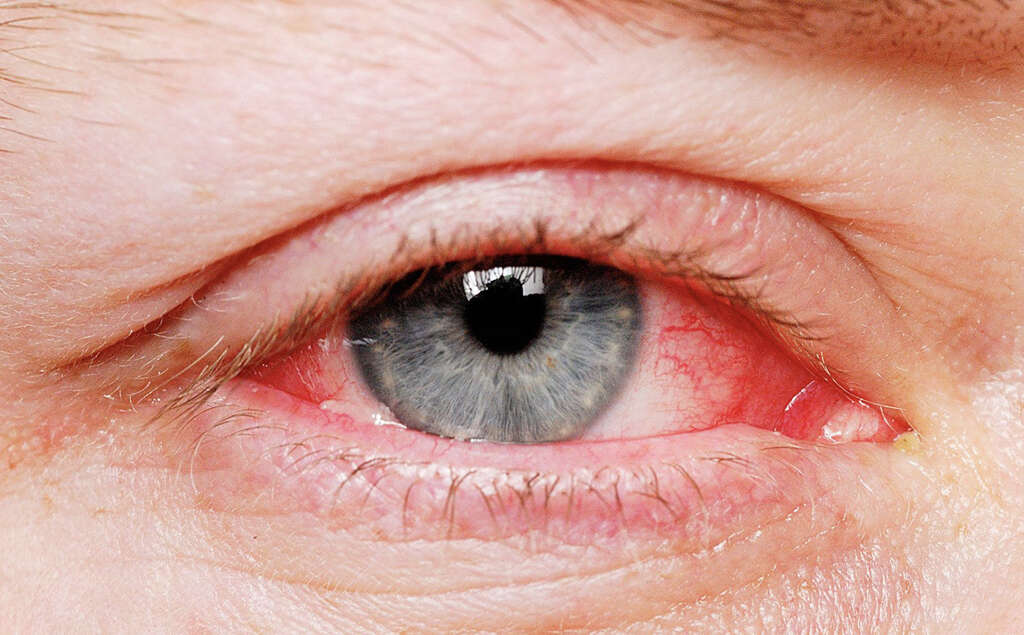
When a newborn baby shows symptoms of conjunctivitis, don’t wait to see a doctor. If the trigger is an infection, the condition can get quite serious. A newborn’s conjunctivitis is best treated under medical guidance. The only home remedy advisable is a warm compress between the eye and nasal area to clear a blocked tear duct or any irritation and swelling. The highly contagious nature of pink eye is why this infection is so common.
A chemical splash into the eye can cause permanent eye damage. Persistent symptoms could also indicate that you still have the foreign body in your eye — or possibly a scratch over the cornea or the covering of the eyeball . Rarely, previously worn contact lenses may be a source of reinfection. For this reason, your doctor may ask you to carefully disinfect or discard those lenses and even their cases. Touching objects and interacting with others is part of their development.
However, if you still have symptoms, you should not attend. Pink eye is highly contagious and is easily spread through hand-to-eye contact or contaminated objects. Newborns can get pink eye, usually anywhere from 1 day to 2 weeks after birth.
There is no treatment for the virus and usually you just have to let it heal on its own. Viral pink eye should go away within a week or two without treatment. When you suffer from conjunctivitis, you should have a few days off school and work. The possible reason may be that viral conjunctivitis can come back during three or five days.
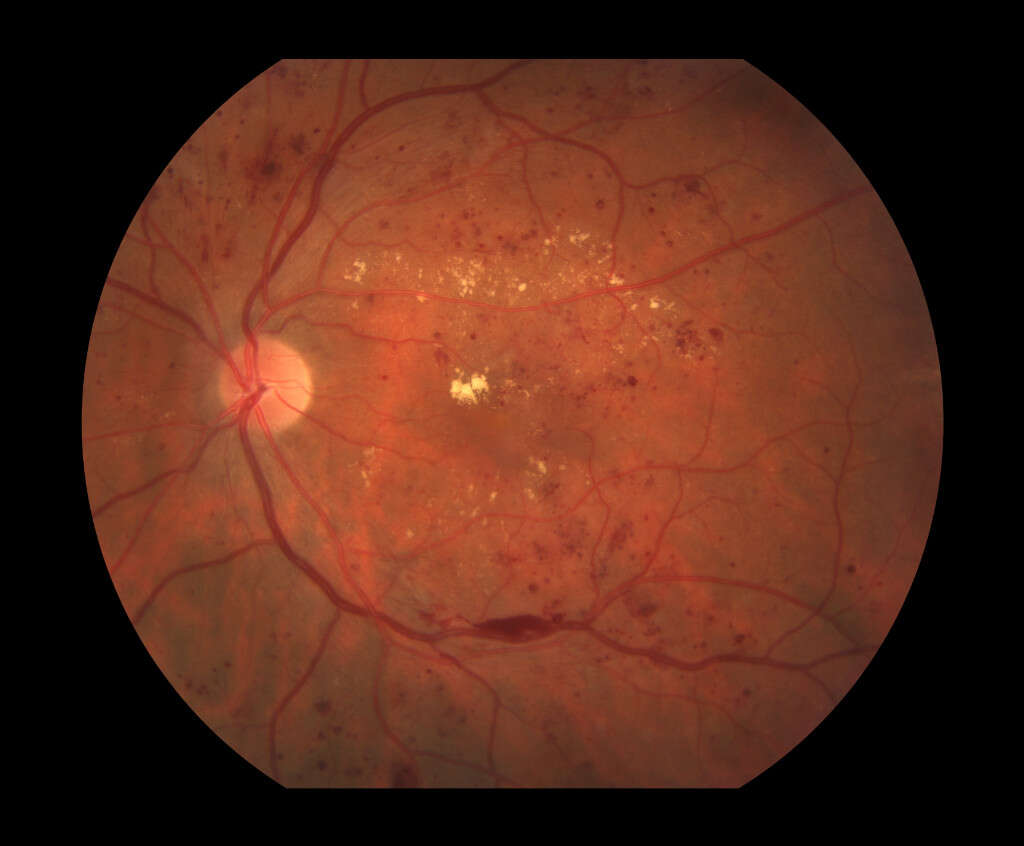
Viral and bacterial pink eye are contagious and may be spread as long as you have symptoms. If a newborn has an eye infection due to the bacteria that cause gonorrhea, they may need intravenous antibiotics. This type of infection can be serious and lead to permanent eye damage if left untreated. The type of pink eye you are experiencing is critical when determining your treatment. For less severe infections or allergic or chemical pink eye, you may be able to treat the condition exclusively at home.











